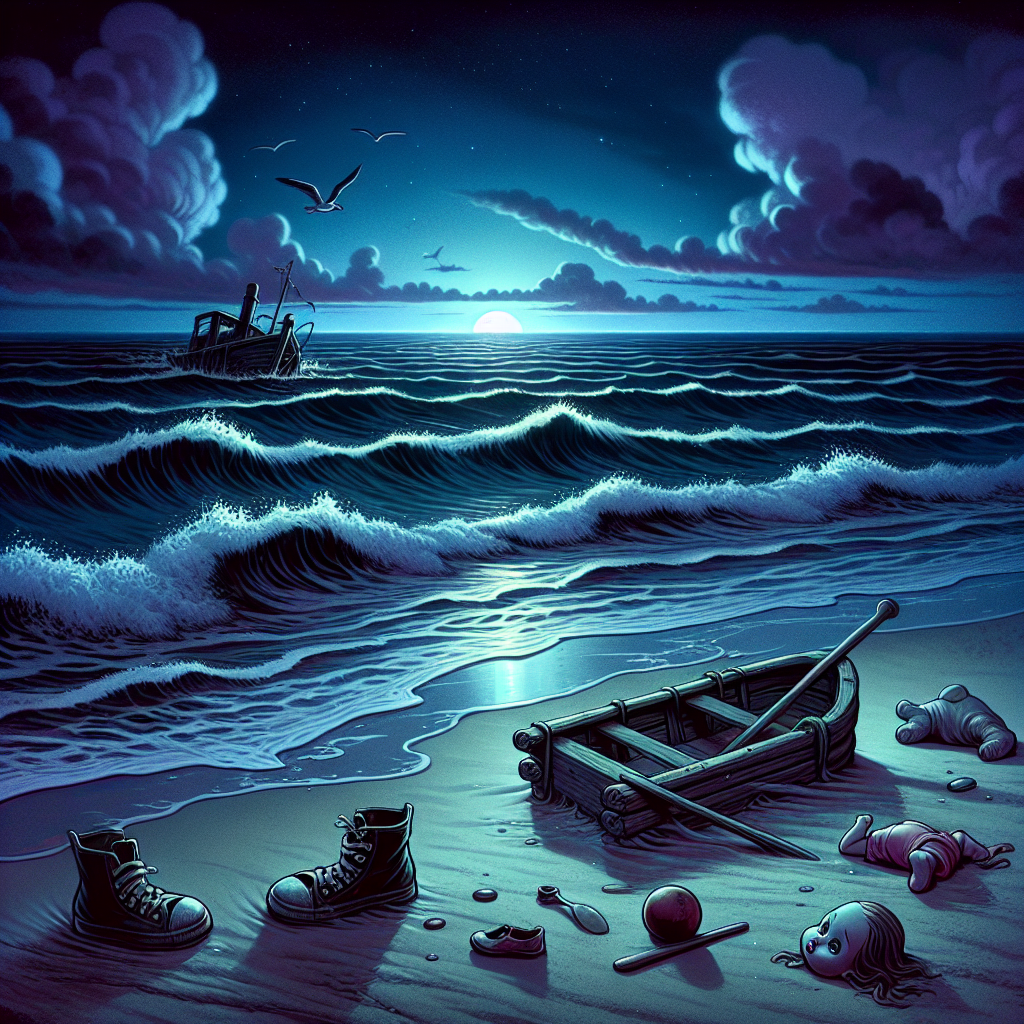Censorship and Public Outcry: Government's Struggle in Response to Zhuhai Tragedy
In Zhuhai, a deadly car attack led to 35 deaths. The government's delayed response ignited public outrage and censorship. Despite spontaneous tributes from locals, authorities removed them, managing narrative control amid widespread concern on social media over the nation's mental health and safety.

The city of Zhuhai in southern China witnessed a horrific car attack at a sports center, leaving 35 dead and 43 injured. A male driver's outrage over a divorce settlement prompted him to ram his car into a crowd, marking the deadliest mass killing in China in a decade.
Public frustration simmered as the government took a day to disclose the death toll, leading to swift action to censor online criticism. Citizens laid wreaths and flowers in mourning, but authorities hastily removed these offerings, prompting discussions on the country's mental health.
During a significant aviation exhibition in Zhuhai, this tragedy highlighted issues of narrative control in China, where state media minimized coverage. Experts suggest such censorship aims to prevent public panic and deter potential copycat incidents.
(With inputs from agencies.)










